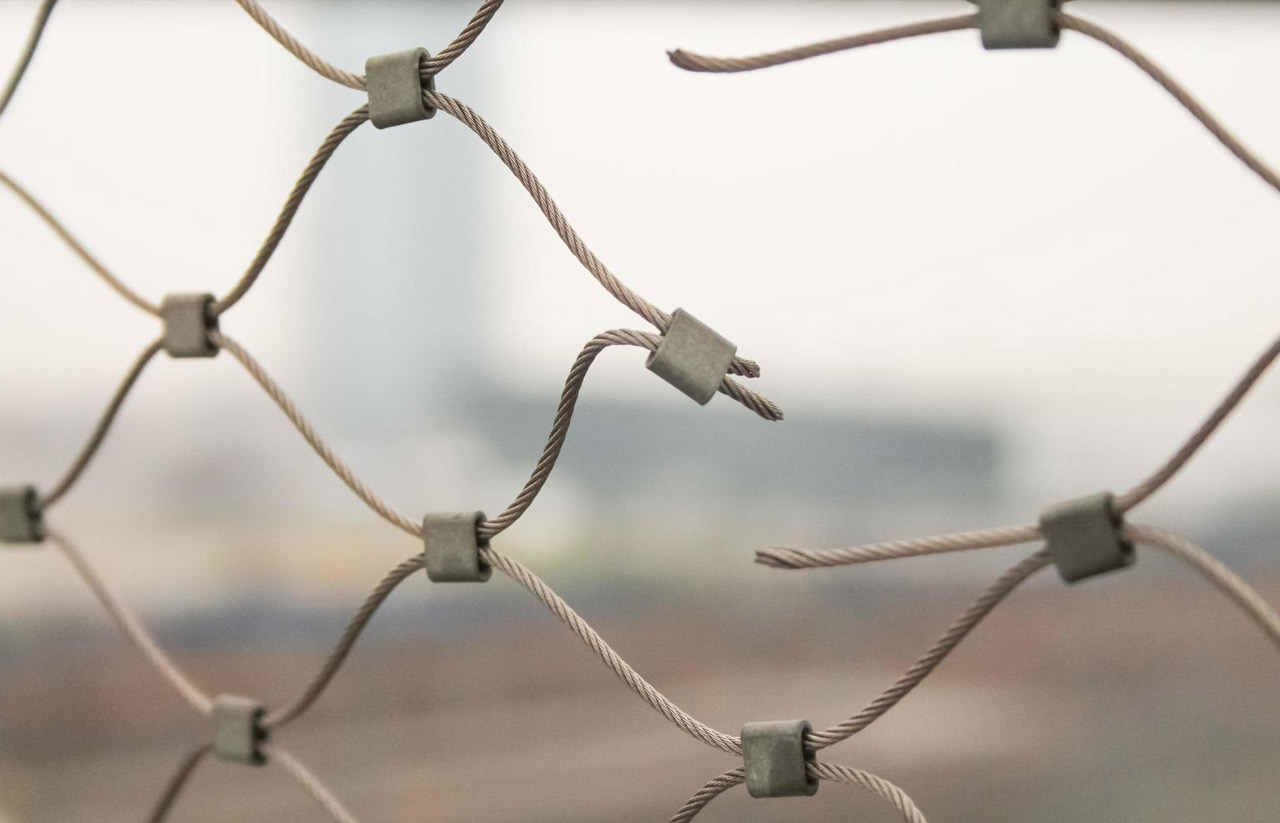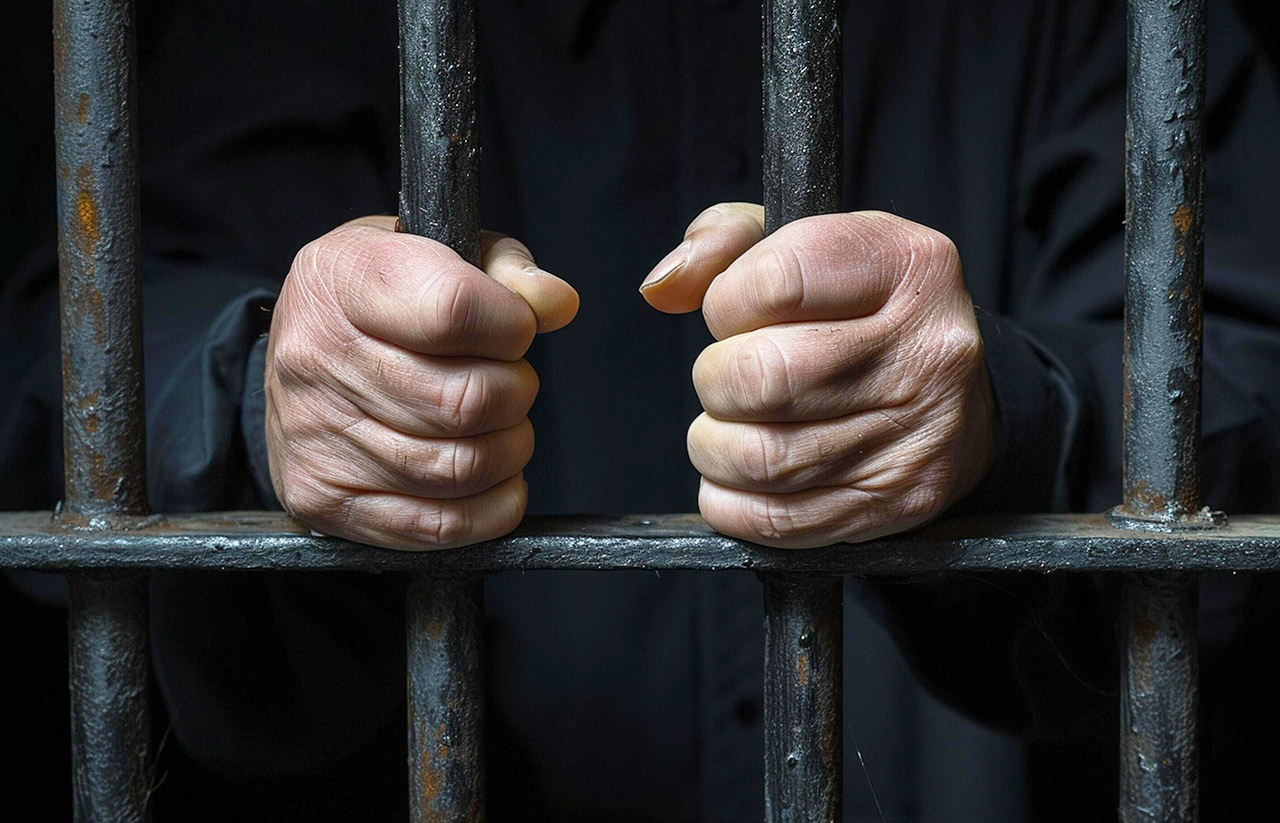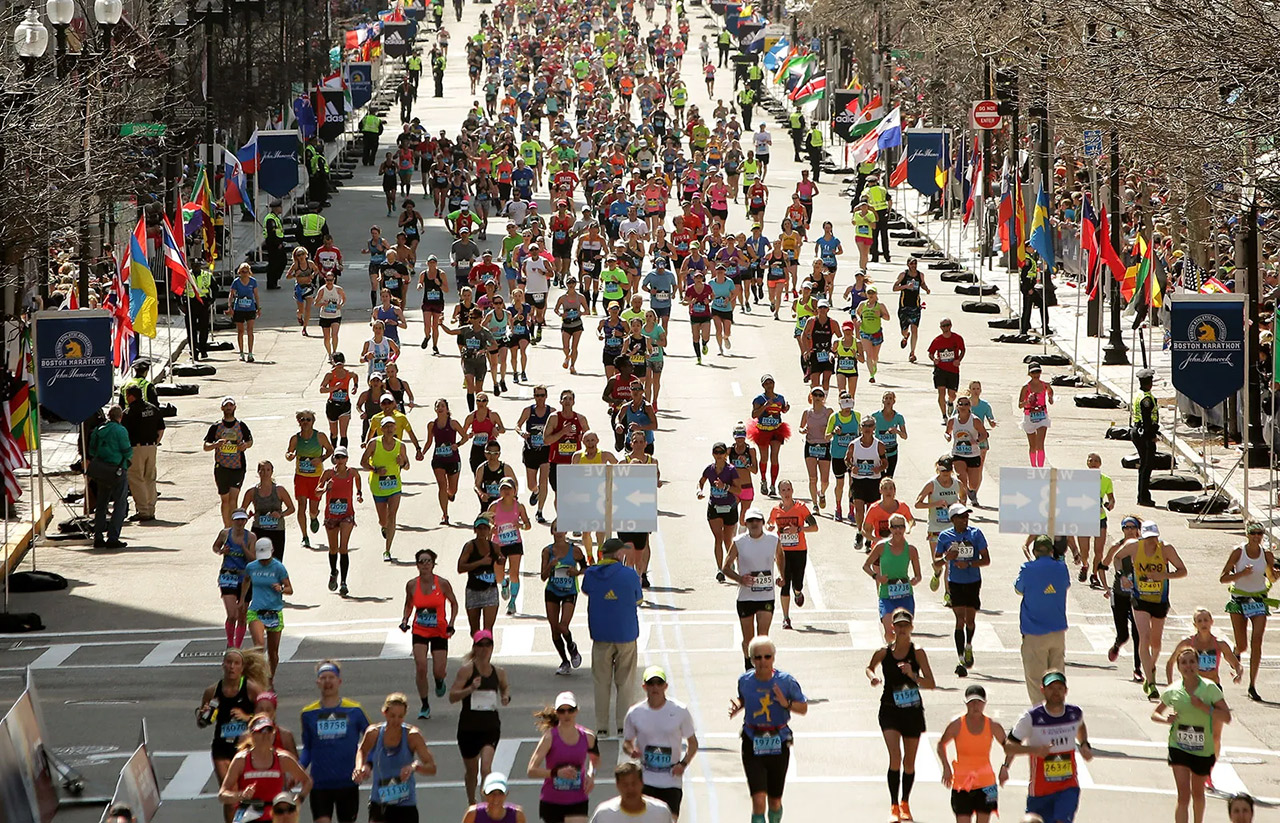The Nation of Religion Suppression The suppression of minority voices, as exemplified by the instances discussed, raises serious concerns about India’s commitment to secularism and democratic values. While the Constitution guarantees the right to freedom of religion and expression, the lived reality often diverges from these principles. The politicization of religious identities and the marginalization of certain communities undermine the secular foundation upon which India was so-called founded. The erosion of democratic norms, evident during the Emergency period and now under the Modi government signifies a broader trend of authoritarianism that jeopardizes the pluralistic ethos of the nation. The democratic fabric of India is under strain as the space for dissent narrows, and the rights of minority communities face systematic challenges such as Sikhs. The government’s failure to address the grievances of the Sikh community even decades after 1984, signals that there is not only a growing perception of inequality but truly a presence of an unequal and unjust society. The suppression of minority voices in India, as evidenced by the experiences of the Muslim and Sikh communities, is a critical issue that demands sustained attention. India’s identity as a secular and democratic nation is at stake when the voices of its minorities are stifled, leading to feelings of alienation and disillusionment among their own people. Recognizing and addressing these issues is crucial for fostering a more inclusive and equitable society when the nation does claim to be a democracy on the global stage.
A commitment to upholding the principles of democracy, secularism, and justice is essential to building a nation where all voices, regardless of religious or ethnic identity can thrive and contribute to the diverse tapestry of Indian society.
The journey towards a truly democratic and inclusive India requires a concerted effort to address historical injustices, take accountability for wrongdoings of politicians and governments, promote dialogue in conversations where diversity of opinions is needed, and create a society where the rights and voices of all citizens are respected, protected, and above all prioritized.
Sources:
- 2022 Report on International Religious Freedom: India
- Freedom in the World: India
- It’s Time India Accept Responsibility for Its 1984 Sikh Genocide
- Authoritarianism and Anti-Muslim Violence: Comparing the Emergency to Today
- “What we are seeing in India is a religious freedom crisis”—Human rights advocates call for end to religious persecution in India following Modi’s visit to US
- What Prompted the Farmer Protests in India?
- Genocide Emergency: India
- Today’s India Has All the Markers of a Failing Democracy. But the Situation Is Not Irreversible.
- India Accidentally Hired a DEA Agent to Kill Sikh American Activist
- We had no choice: Indira Gandhi told Margaret Thatcher on Operation Bluestar
- India: Protests, Attacks Over New Citizenship Law Muslims Face Discriminatory Policies; Protesters Targeted




